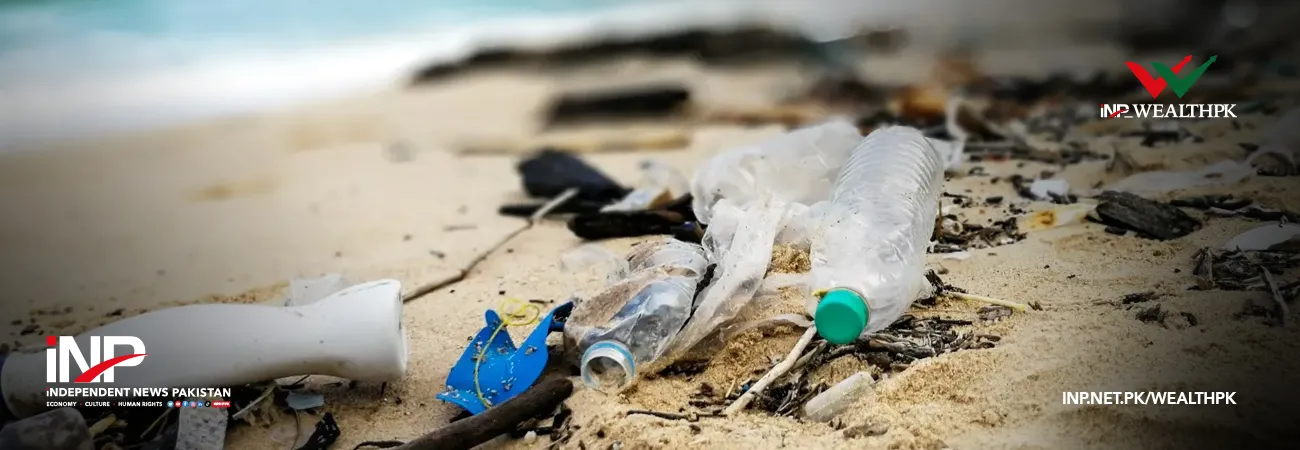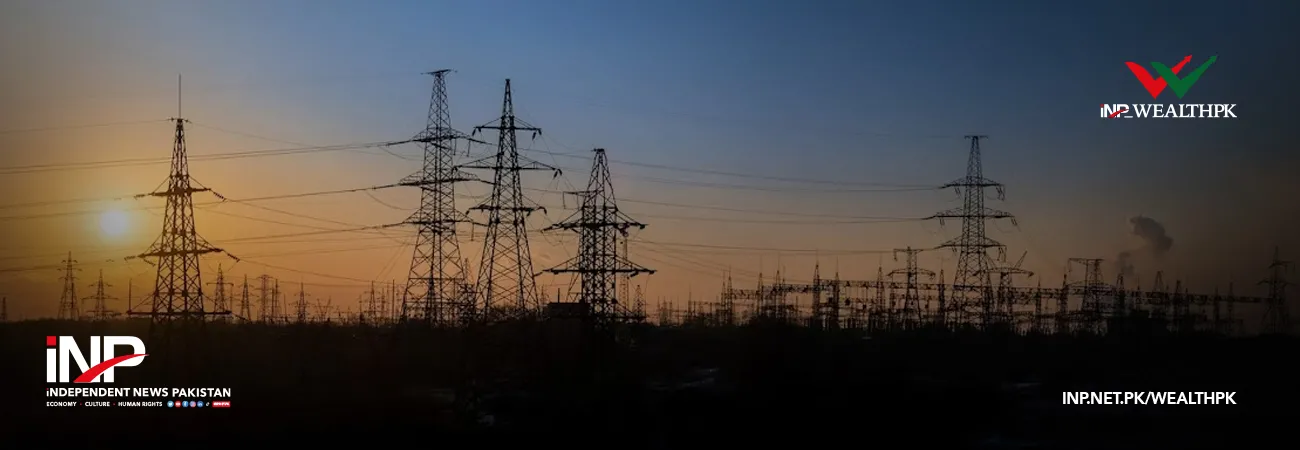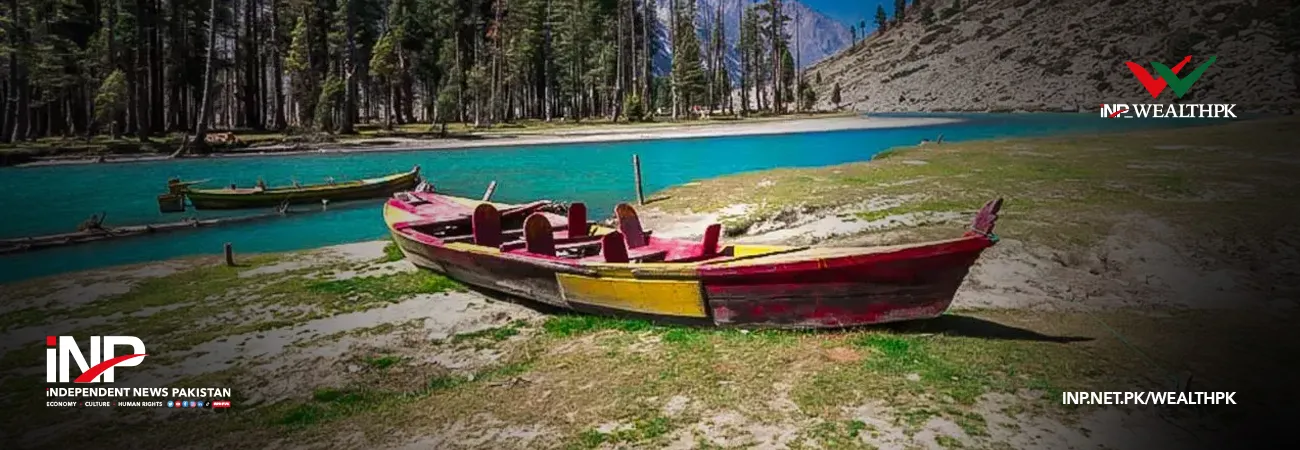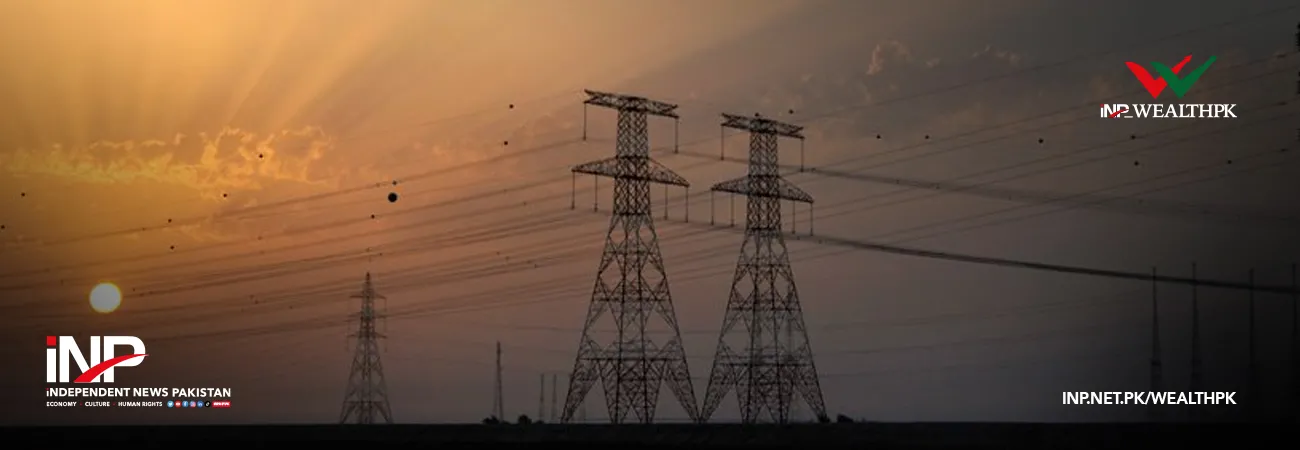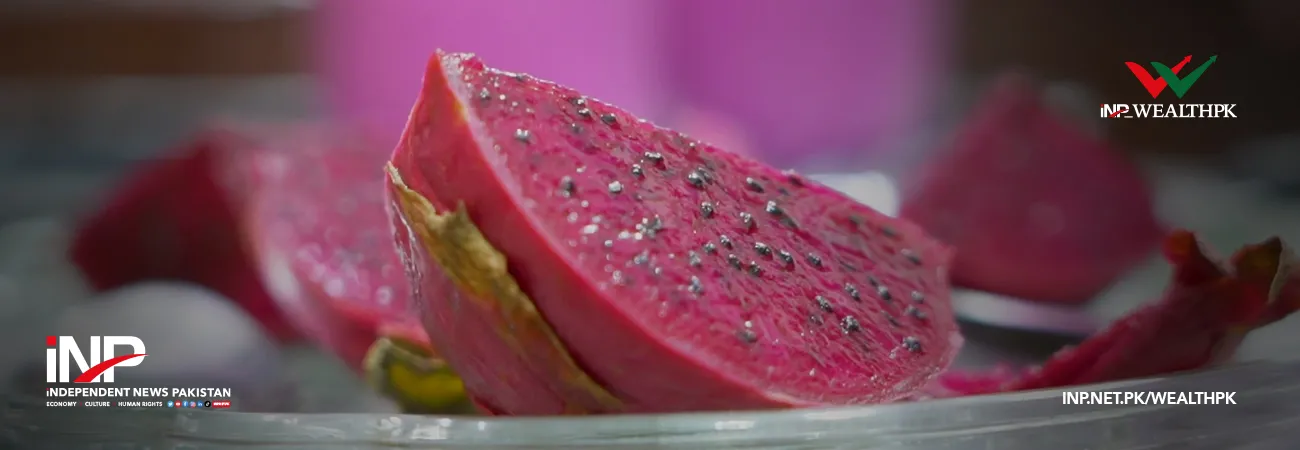INP-WealthPk
Ahmed Khan Malik
Experts in the water sector have emphasized the need for smart water management and advanced agricultural techniques to tackle Sindh’s growing water crisis while improving agricultural productivity.
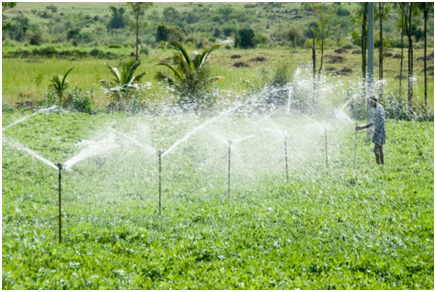
Talking to WealthPK, they highlighted that Sindh was already facing severe water shortages, making large-scale desert farming impractical. However, they proposed that by adopting modern irrigation methods, alternative water sources, and innovative farming techniques, the province could still achieve sustainable agricultural growth.
Aminullah Khan, a water expert in the Sindh Advisory Board, emphasized drip irrigation, which could reduce water wastage by up to 70%, and encouraged the cultivation of drought-resistant crops like millets, pulses, olives, and moringa. He also suggested exploring hydroponic and aeroponic farming to maximize production with minimal water.
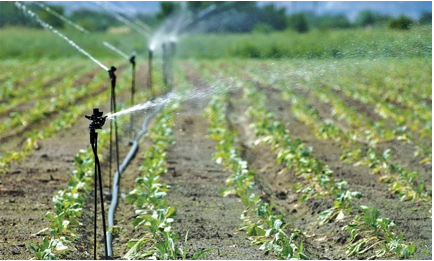
Additionally, he urged the government to focus on wastewater recycling, rainwater harvesting, and seawater desalination for agricultural use. “If countries like Israel can turn deserts into farmlands, Sindh can also develop sustainable, high-yield farming zones with right policies and investment,” he said. He also pointed out that water mismanagement and theft must be addressed and called for fixing canal leakages, modernizing barrages, and enforcing transparent water distribution systems to ensure a fair water supply for all.
Khan further advocated public-private partnerships (PPPs) to encourage investment in water-efficient farming technologies and afforestation projects to combat desertification. "Sindh’s agricultural future depends on innovation, not just water availability. We must act now to secure food security and economic growth," he said. Waheed Rajpar, a water expert at the Sukkur Agricultural Institute, said the governance of water resources in Sindh faced complex challenges, due to combined effect of socio-economic development, changes in water use, and the impacts of climate change.
There is, moreover, a heritage of unresolved issues including the rising water demand, deteriorating water quality, increase in frequency of floods and droughts, environmental degradation, inequitable distribution of water, and interprovincial water issues. He said increased pressure on Sindh’s water system made active and integrated management of water resource inevitable.
“This requires that the capacity and institutional arrangements are shored up, and that one will move away from the fragmented and subsector approach towards an integrated approach, including multifunctional operation of the canal system and protection and harnessing of resources in drylands, groundwater aquifers, wetlands, and Indus Delta,” he said. Rajpar said there was no denying that the water services in Sindh were stretched under the current arrangements.
There is a backlog of urgent problems such as contaminated water supplies, extensive land under water logging and salinity, unserved drinking water needs, dry tail-end areas or disappearing wetlands. Many of these translate into economic insecurity and stress at family level, impacting stability and household relations. “Some of the problem spots in Sindh are among the direst, needing all involved to address them and contribute to a more water secure future,” he added.
Credit: INP-WealthPk








